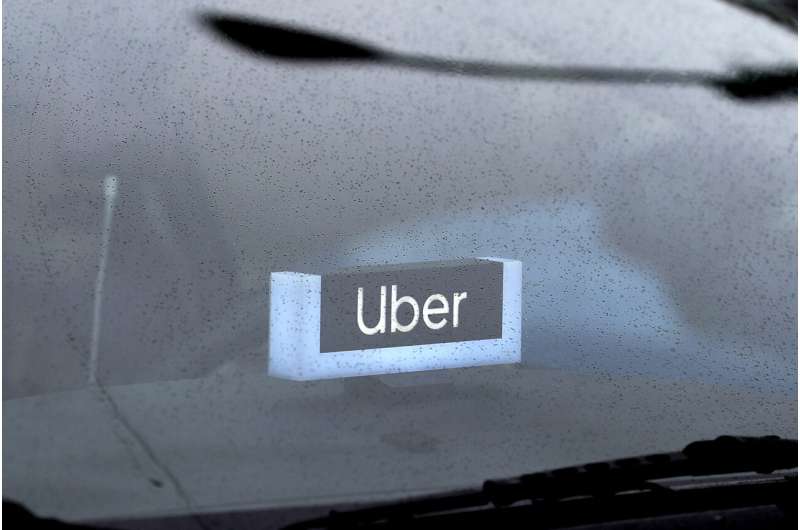#New labor rules aim to offer gig workers more security, though some employers won’t likely be happy


The Biden administration enacted a new labor rule Tuesday that aims to prevent the misclassification of workers as “independent contractors,” a step that could bolster both legal protections and compensation for many in the U.S. workforce.
The Labor Department rule, which the administration proposed 15 months ago, replaces a scrapped Trump-era standard that lowered the bar for classifying employees as contractors. Such workers neither receive federal minimum wage protections nor qualify for employee benefits, such as health coverage and paid sick days.
The changes have long been viewed as especially bad news for companies like Uber and DoorDash—pioneers of the so-called gig economy, in which companies essentially rely on armies of freelance drivers, delivery people and others to provide services without traditional labor protections. Some gig workers say they prefer things this way, extolling the freedom to set their own hours and schedules. But others complain of exploitation by companies.
Financial markets appeared to shrug off leaked news of the agreement on Monday. Shares of Uber and Lyft, which dropped 10% and 12% respectively when the administration unveiled the proposed rules in October 2022, rose 2.5% and 5.8% on Monday. Shares were down about 1% before the opening bell Tuesday.
One significant change in the new rules, which take effect March 11, involves the way the Labor Department—and federal judges—decide whether workers have been properly classified as independent contractors. In particular, employers will be required to consider whether the jobs performed by such workers are an integral part of the employer’s business.
That could affect app-based companies that rely almost entirely on freelance workers. In such cases, that provision could tip the scales toward classifying such people as regular employees rather than contractors.
The new rule directs employers to consider six criteria for determining whether a worker is an employee or a contractor, without predetermining whether one outweighs the other. The criteria also include the degree of control by the employer, whether the work requires special skills, the degree of permanence of the relationship between worker and employer, and the investment a worker makes, such as car payments.
The rule, however, does not carry the same weight as laws passed by Congress or state legislatures, nor does it specify whether any specific company or industry should reclassify their workers. It basically just offers an interpretation of who should qualify for protections under the 1938 Fair Labor Standards Act.
© 2024 The Associated Press. All rights reserved. This material may not be published, broadcast, rewritten or redistributed without permission.
Citation:
New labor rules aim to offer gig workers more security, though some employers won’t likely be happy (2024, January 9)
retrieved 9 January 2024
from https://techxplore.com/news/2024-01-labor-aim-gig-workers-employers.html
This document is subject to copyright. Apart from any fair dealing for the purpose of private study or research, no
part may be reproduced without the written permission. The content is provided for information purposes only.
If you liked the article, do not forget to share it with your friends. Follow us on Google News too, click on the star and choose us from your favorites.
If you want to read more Like this articles, you can visit our Science category.




